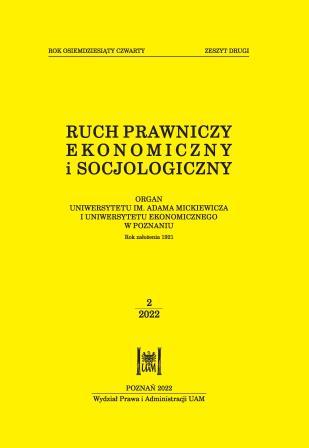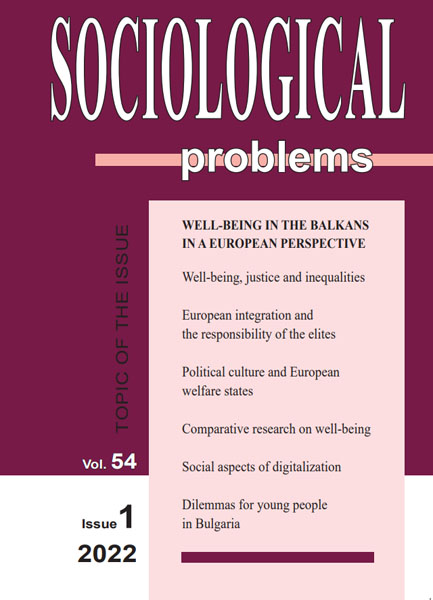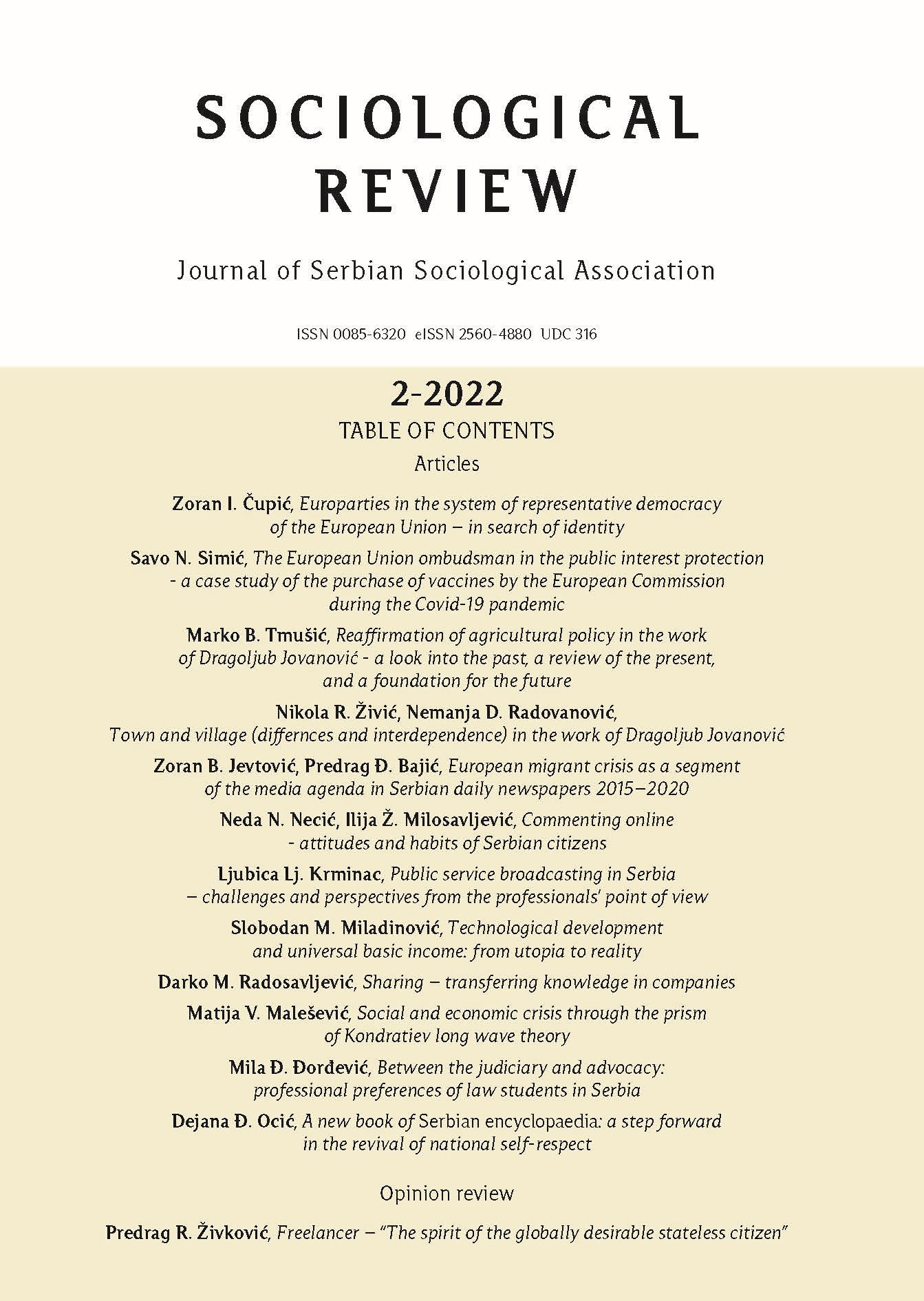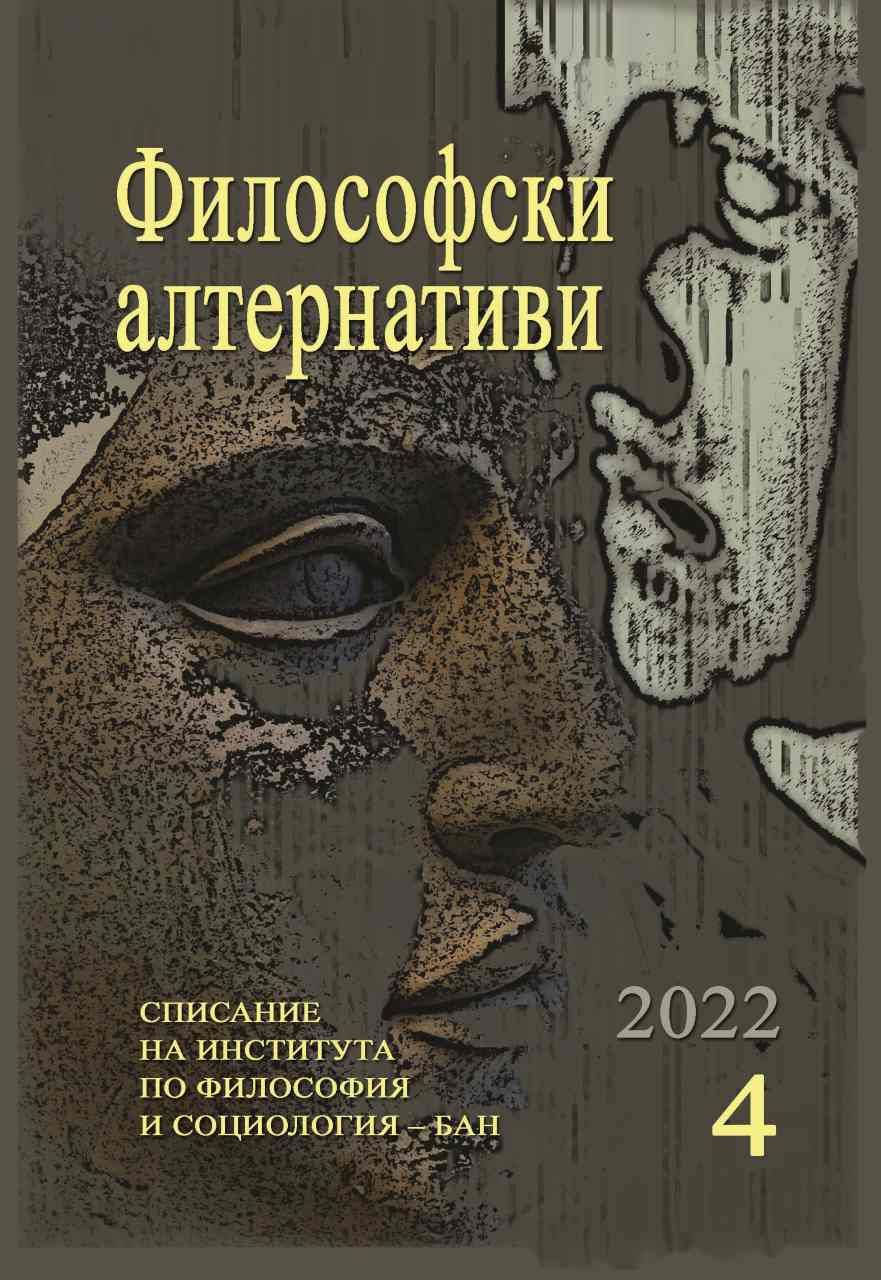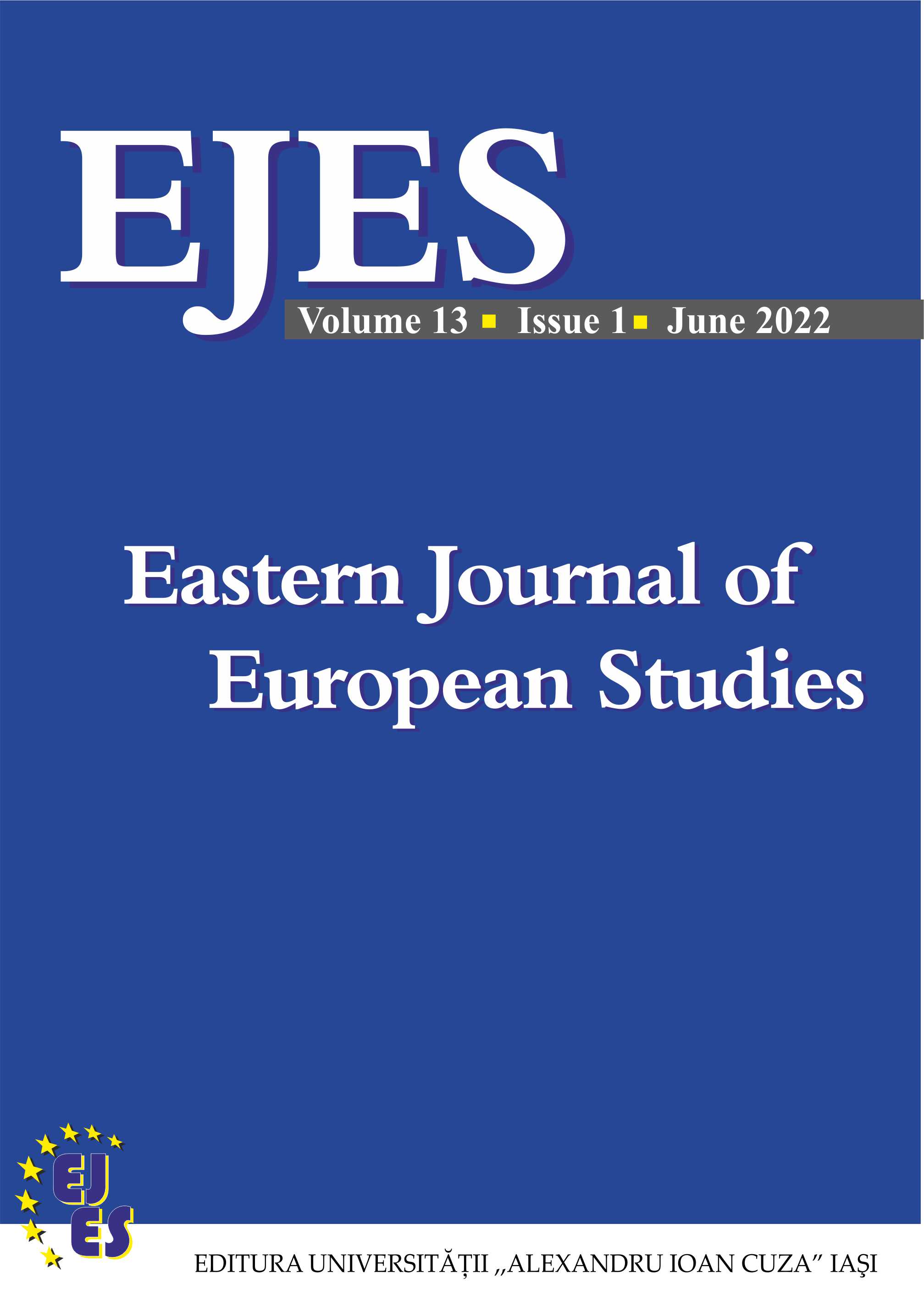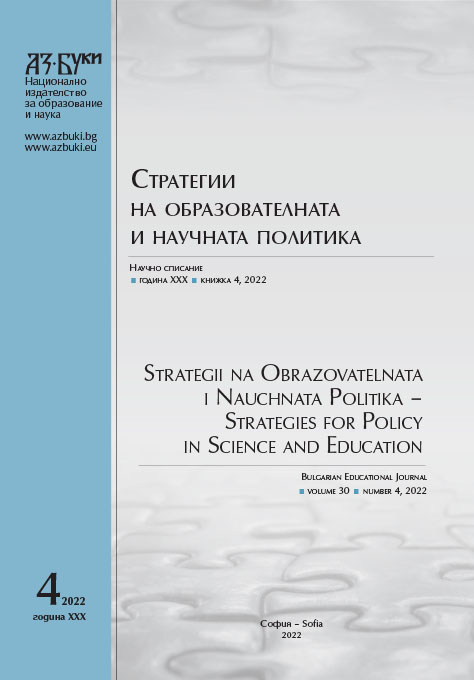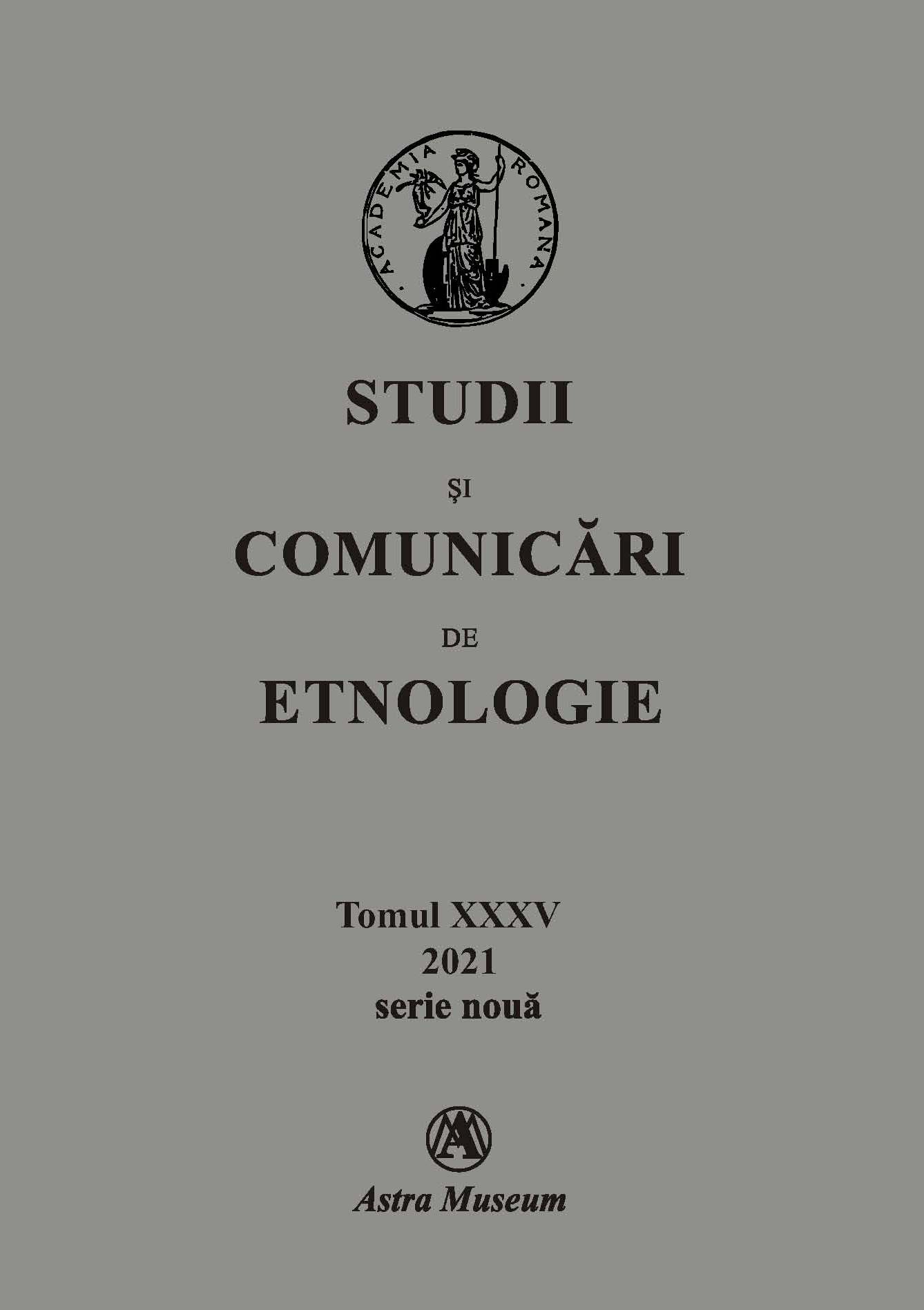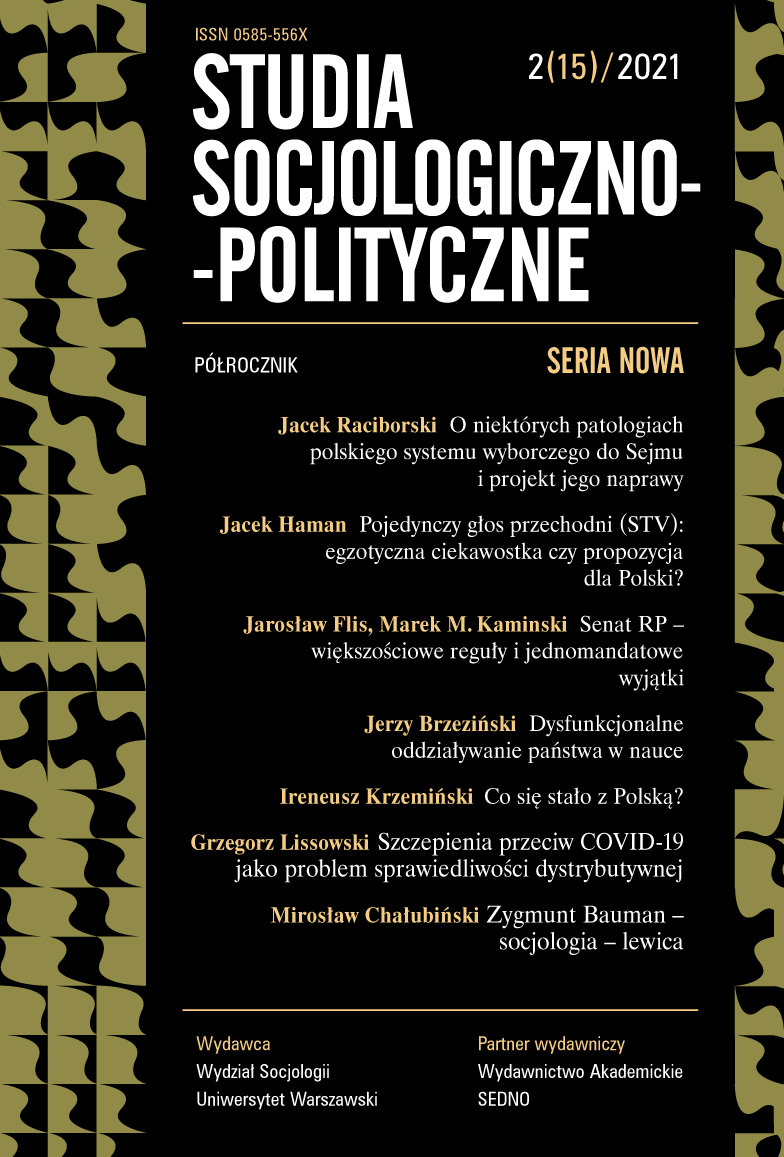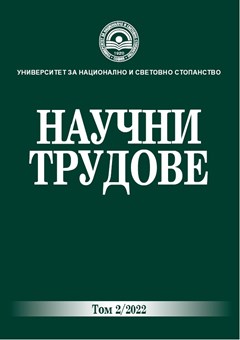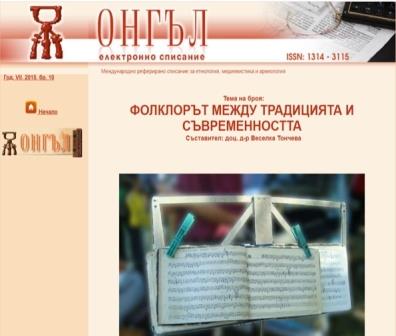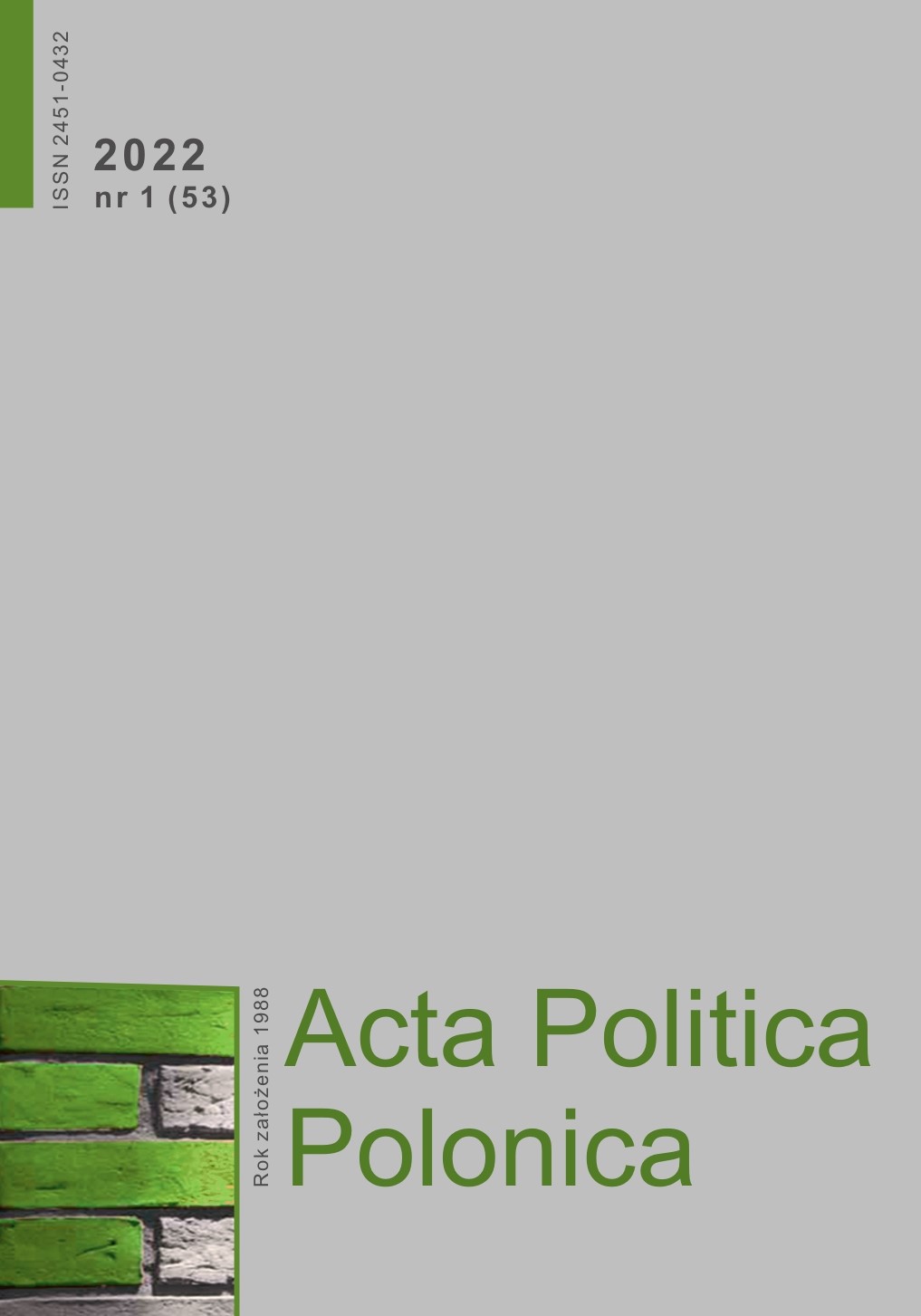
Assesment of China’s foreign aid for Cameroon in 2009–2020
The visit of Jia Quinglin from China to Cameroon in 1971 and the formal President‘s Ahmadou Ahidjo of Cameroon return visit to China in 1973 started paving the way for Sino- -Cameroon relations. Huge progress has been made towards advancing the cooperation of these two nations. This cooperation has had significant impact on both economies. China’s relations with Cameroon have been more or less like an economic livewire to Cameroon, although it cannot be ruled out that it has also some drawbacks. Chinese presence in Cameroon has been growing and is concentrated in the private sector. Areas of Chinese presence include construction, agriculture, and medium size businesses. Cameroon has not only witnessed enormous increase of Chinese investment and presence, but also of Chinese foreign aid. China’s foreign aid to Cameroon in the past years has been very much consistent and enormous. The main question here is what impact has this aid on Cameroon and Cameroonians? Cameroon is one of China’s major partners in Africa and also a beneficiary of China’s benevolent activities in Africa. China’s foreign assistance has been gearing towards the development of the local economy. This paper, therefore, seeks to explore the contribution and impact of China’s foreign aid on Cameroon in the period of 2009-2020.
More...
